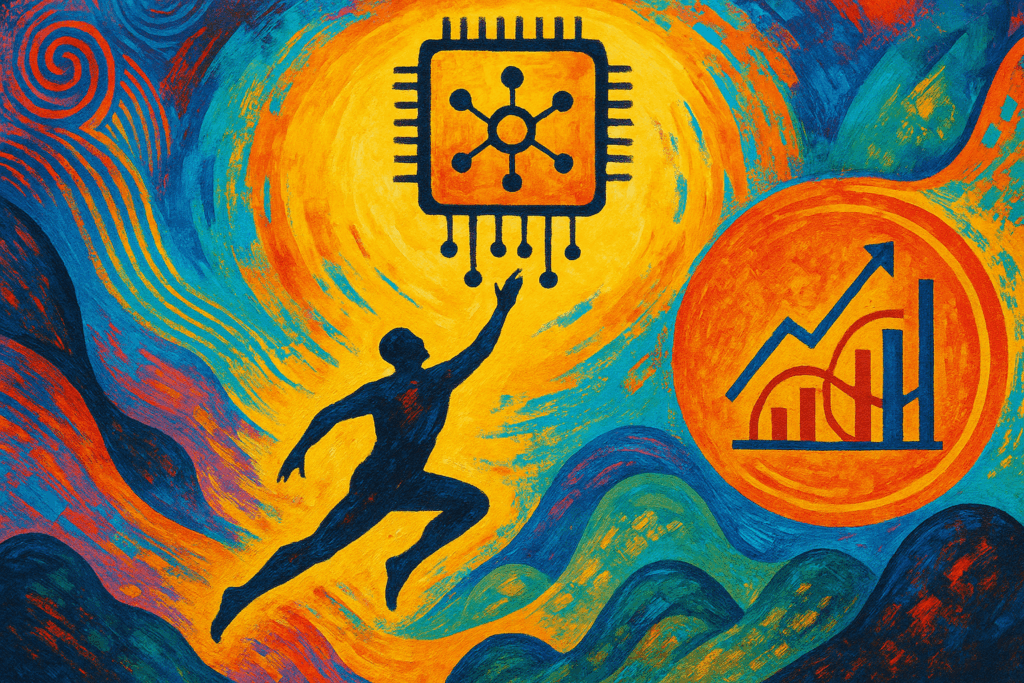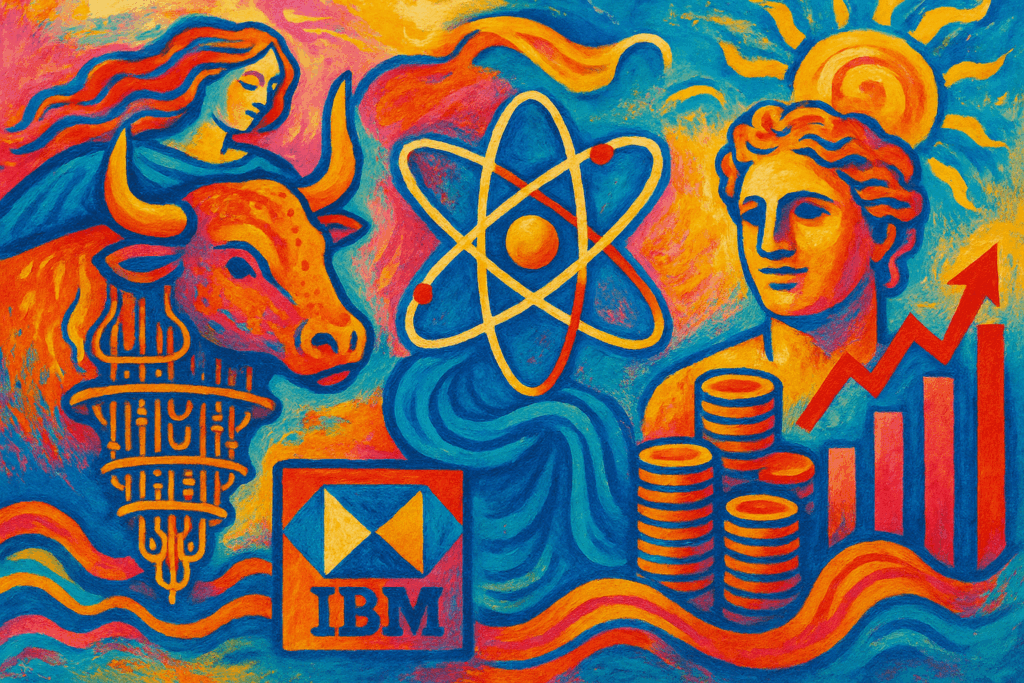A New Era of Computational Power
Quantum computing represents a monumental leap in computational capability, promising to tackle problems far beyond the reach of classical supercomputers. Unlike traditional hardware, which operates on binary bits, quantum systems leverage qubits that exploit the principles of quantum mechanics such as superposition and entanglement. This fundamental difference enables quantum computers to process vast, complex computations simultaneously. Meanwhile, artificial intelligence thrives on advanced algorithms and data-driven software methodologies. Together, these technologies are poised to redefine boundaries in computing by combining quantum hardware’s raw processing prowess with AI’s smart decision-making abilities. Progress in quantum hardware and algorithms is accelerating, shortening timelines from decades to just a few years.
Real-world applications of this synergy are already emerging. In drug discovery, quantum computing accelerates molecular modeling, enabling researchers to simulate complex chemical interactions with unprecedented speed and accuracy. Additionally, quantum-enhanced sensors promise breakthroughs in navigation and precision measurement, vital for industries ranging from aerospace to autonomous vehicles. These examples underscore the tangible impact quantum technology is delivering beyond theoretical promise.
The Urgent Horizon: Q-Day and Cybersecurity
While quantum computing opens new frontiers, it also poses significant challenges, particularly for cybersecurity. The term “Q-Day” refers to the moment when quantum machines become powerful enough to break current encryption protocols that safeguard global digital communications and data. Today’s widely used encryption, including RSA and ECC, relies on mathematical problems that classical computers find infeasible to solve, but quantum algorithms such as Shor’s threaten to render them obsolete.
The inevitability of Q-Day creates pressure for governments, industries, and cybersecurity experts to develop and adopt post-quantum encryption standards that can resist quantum attacks. The transition to quantum-resistant algorithms is no longer a distant concept but an active and strategic race, reflecting the critical need to protect sensitive information globally.
Conclusion
Quantum computing is not merely a competitor to artificial intelligence; it acts as a powerful accelerator that will transform industries and elevate AI capabilities to new heights. Beyond its technological promise, the urgency surrounding quantum cyber threats demands attention from leaders and insiders today. Understanding and preparing for this rapidly approaching era is essential to harness its benefits while safeguarding vital data and maintaining national security.




